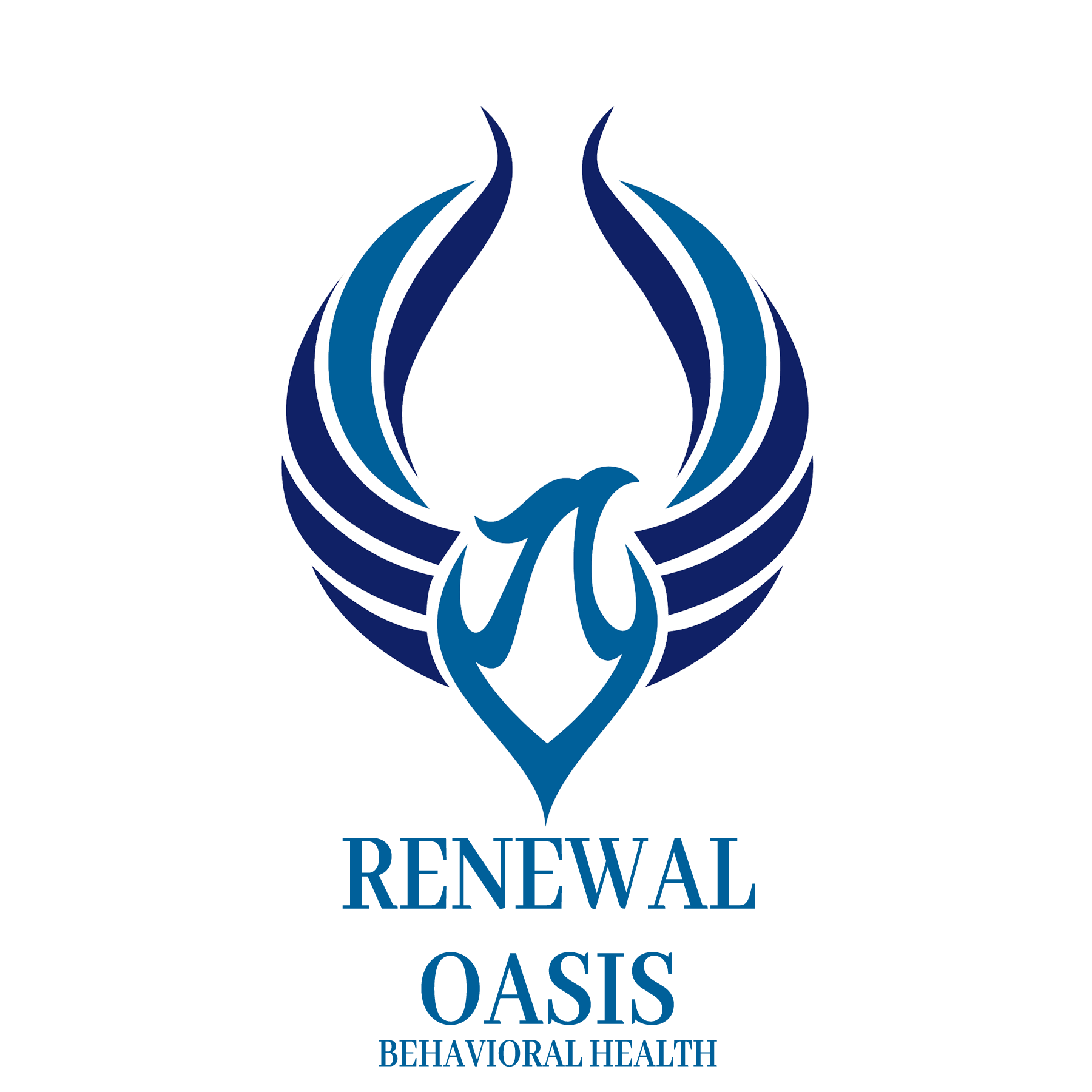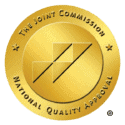There are 4 types of OCD, and each one has its own set of symptoms. What they have in common is that living with obsessive-compulsive disorder means dealing with thoughts and behaviors beyond a person’s control. This causes a great deal of frustration for the individual, especially if they aren’t aware of what’s going on.
Renewal Oasis recognizes the need for quality care for OCD and provides it on both an outpatient and residential level. We help people understand how to anticipate and de-escalate their symptoms. Our staff is comprised of highly trained mental health experts who know how to calm the thoughts and behaviors and take away the power OCD has to overrun someone’s life. Our center stands out from others because we tailor each treatment plan to fit the specific needs of the person who comes to us for care.
Understanding the 4 Types of OCD
The key to understanding the 4 types of OCD begins with getting an overview of this complex mental health disorder. Obsessive-compulsive disorder is so named because it causes a person to have obsessive thoughts and compulsive behaviors. Both types of symptoms feel intrusive and, despite a person’s best efforts, are not controllable. As much as the repetitious nature of the illness causes distress, a person trying to force themselves to stop the thoughts or quit engaging in the behaviors only ends up feeling a great deal of anxiety. Regardless of which type of OCD a person has, professional treatment from skilled mental health experts can make a real difference.
Below are the 4 types of OCD and how they manifest in a person’s life.
Contamination and Cleaning
This type of OCD involves a deep-rooted fear of contamination and a need to engage in obsessive cleaning rituals. A person with Contamination and Cleaning OCD has an unnatural fear that just about anything could be potentially dangerous due to being contaminated. Their mind seizes on the idea that people, items, and locations are full of things like germs, viruses, dirt, bodily fluids, and other things that will make them filthy or ill. The individual will create cleaning rituals to help themselves feel safe. This can include repeatedly washing their hands, sometimes hundreds of times a day, as well as taking multiple showers. Many people engage in using inordinate numbers of cleaning supplies to try to ensure every surface and item they encounter is germ-free.
Doubt and Double-checking
Someone with this type of OCD experiences a disconnect between performing a task and grasping that they have done so and do not need to repeat it. For example, they may consciously realize they checked to make sure they turned off the stove, but feel panicky if they don’t check again. This can lead to returning to the kitchen several times over and over without being able to control themselves. This cycle of doubt leads to checking over and over, yet still feeling anxiety.
Symmetry and Ordering
This type of OCD causes a person to become anxious if they don’t live and work in an extremely orderly environment. They have specific ways that everything should be arranged, from items in a drawer to the contents of a cabinet. For example, they will group similarly shaped items or insist on everything being at a perfect angle. If someone moves things around, it causes great anxiety. The person often performs chores in a specific order, such as getting ready in the morning or performing housecleaning duties.
Intrusive Thoughts
Intrusive thoughts are frightening and often of a graphic or offensive nature. The person feels alarmed that these thoughts are occurring, often because they don’t know that OCD is the culprit, and they don’t have control of them. Common intrusive thoughts include ones with themes that are sexual, violent, or taboo. The individual typically fears they will act on some of these thoughts, like behaving inappropriately sexually or acting violently.
How Are These Types of OCD Treated?
While someone in the midst of having one of the 4 types of OCD may feel lost, finding the right treatment program will help them seize control of their thoughts and behaviors. In addition to outpatient and residential OCD treatment, the following types of therapy provide a real leg up in learning to minimize OCD symptoms.
Exposure and Response Prevention therapy (ERP): This therapy proves especially helpful for people with OCD. In fact, many treatment facilities use it as a first approach to treating OCD. The process involves gradually exposing a person to the situations that trigger their fears, thoughts, and behaviors. Through the support of a therapist, they learn to tolerate these triggers in small doses. Eventually, they experience considerably less anxiety and a tremendous reduction in their symptoms. This allows the person to become more comfortable in greater doses of anxiety-provoking situations.
Cognitive Behavioral Therapy (CBT): CBT helps the individual recognize which of their thoughts and behaviors prove unrealistic and unhelpful and begin to change them. Through challenging the previously held assumptions caused by OCD, they can learn to reframe them and experience more situationally realistic thoughts and behaviors.
Acceptance and Commitment Therapy (ACT): Similar to CBT in that ACT teaches people to create a new relationship with their thoughts and understand that they can change them. The person learns to accept and tolerate their current station in life when it comes to their OCD thoughts and behaviors, which helps reduce their anxiety levels. From there, they begin the process of changing how they think and behave so the symptoms no longer control them and gradually lessen.
Contact Our Treatment Center for Obsessive-Compulsive Disorder
Do you have one of the 4 types of OCD and feel like you can’t find a way out of how it controls your world? Renewal Oasis Behavioral Health in Palm Springs, California offers a multi-disciplinary approach not available at just any facility. We provide the best of both evidence-based and holistic therapies to tackle this troubling mental illness. As a result, you can experience fewer symptoms and gain more control over how you feel and act. We also provide an assessment to see if adding prescription medications to your treatment plan can help you gain more ground.
Are you ready to get help for your OCD from professionals who understand your situation? Contact us now to find out how easy it is to get started.



